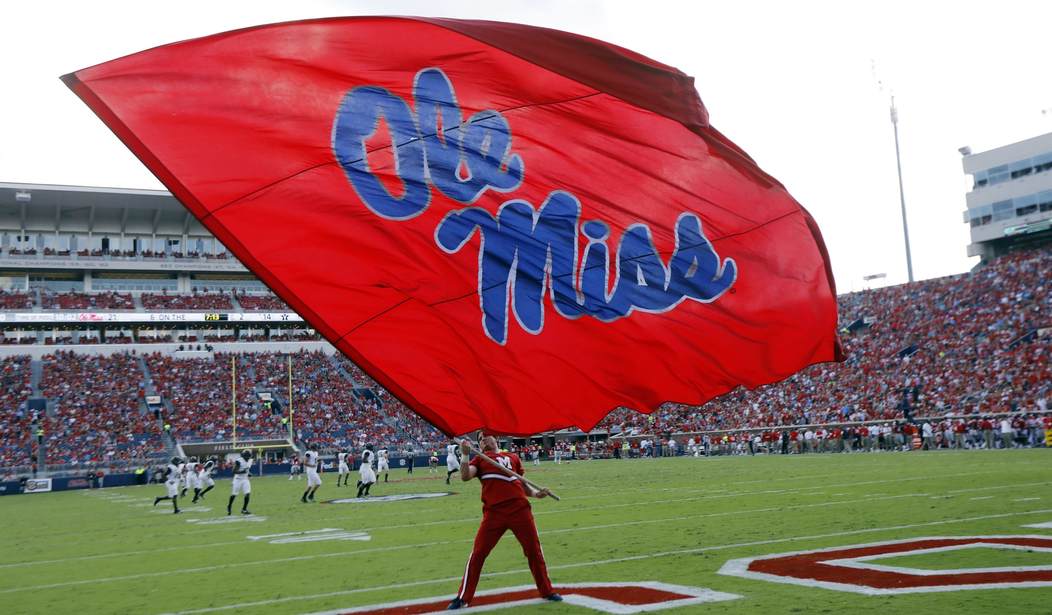The Justice Department argued Tuesday that a federal appeals court
should overturn a district court judge's order halting President Trump's
executive action suspending travel to the U.S. from seven
majority-Muslim nations.
The hearing before the San Francisco-based 9th
Circuit Court of Appeals judges was the greatest legal challenge yet to
the travel ban, which has upended travel to the U.S. for more than a
week and tested the new administration's use of executive power.
Several states have fought the ban on travelers from
seven predominantly Muslim nations — Iran, Iraq, Libya, Somalia, Sudan,
Syria, Yemen — and insisted that it is unconstitutional.
Justice Department attorney August Flentje asked the
court to restore Trump's order, contending that the president alone has
the power to decide who can enter or stay in the United States, as well
as suspend classes of aliens when their entry to the country is
otherwise detrimental to national security.
"That's what the president did here," Flentje argued.
The government described the executive order as a
"90-day pause" needed to ensure adequate standards were in place for
visa screening, which Flentje called "plainly constitutional."
Judge Michelle T. Friedland, who was appointed by
President Barack Obama, asked whether the government has any evidence
connecting the seven nations to terrorism.
Flentje cited a number of Somalis in the U.S. who, he
said, had been connected to the al-Shabab terrorist group terror group
after judges asked for evidence. Flentje added that the case was moving
fast and the government had not yet included additional evidence to
support the ban.
Flentje also noted that the executive order was based
in part on a determination made by the Obama administration and
Congress over the past two years that labeled the countries in question
as either having a significant presence by a foreign terrorist
organization or being a state sponsor of terrorism.
The final minutes of the hearing were largely devoted to whether the travel ban was intended to discriminate against Muslims.
Judge Richard Clifton, a George W. Bush nominee,
asked an attorney representing Washington state and Minnesota, which are
challenging the ban, what evidence he had that it was motivated by
religion.
"I have trouble understanding why we're supposed to
infer religious animus when in fact the vast majority of Muslims would
not be affected."
He said only 15 percent of the world's Muslims were
affected, according to his calculations, and said the "concern for
terrorism from those connected to radical Islamic sects is hard to
deny."
Noah Purcell, Washington state's solicitor general,
cited public statements by Trump calling for a ban on the entry of
Muslims to the U.S. He said the states did not have to show every Muslim
is harmed, only that the ban was motivated by religious discrimination.
Under questioning from Clifton, Flentje did not dispute that Trump made the statements.
Washington state, Minnesota and other states
challenging the ban want the appellate court to allow a temporary
restraining order blocking the travel ban — which also temporarily
suspended the country's refugee program — to stand as their lawsuit
moves through the legal system.
Purcell said that restraining order has not harmed the U.S. government.
Instead, he told the panel, the order had harmed
Washington state residents by splitting up families, holding up students
trying to travel for their studies and preventing people from visiting
family abroad.
Clifton said he suspected that only a "small fraction" of the state's residents were affected.
The court adjourned with Friendland promising a
ruling would come "as soon as possible." Whatever the court eventually
decides, either side could ask the Supreme Court to intervene.
It is also possible that the panel could make a
ruling on a technical point, such as whether the lower court's order is
properly classified as a temporary restraining order, rather than on the
larger merits of the case.














